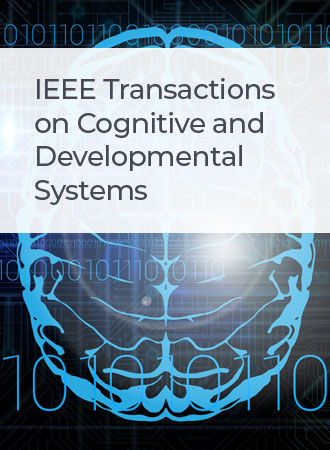基于人类常识和机器人经验的目标物体位置推理
IF 4.9
3区 计算机科学
Q1 COMPUTER SCIENCE, ARTIFICIAL INTELLIGENCE
IEEE Transactions on Cognitive and Developmental Systems
Pub Date : 2024-08-13
DOI:10.1109/TCDS.2024.3442862
引用次数: 0
摘要
机器人操作环境中目标物体的位置推理是一项具有挑战性的任务。机器人需要与之交互的物体通常位于一段距离之外,或者包含在容器中,这使得机器人无法直接观察到它们。目标物体存储位置的不确定性和推理能力的缺乏给该系统提出了相当大的挑战。在本文中,我们提出了一种基于人类常识和机器人经验的机器人操作对象语义定位方法。将经典一阶逻辑的表达能力与贝叶斯推理的推理能力相结合,引入概率本体模型来表示对象定位任务中的不确定性知识,而不是仅仅根据目标对象的类别来推理对象的存储位置。然后利用人类常识和机器人经验动态集成的概率本体估计目标位置。仿真和现实环境中的实验结果表明,在机器人操作对象的语义定位任务中,人类常识和机器人经验的集成是有效的。本文章由计算机程序翻译,如有差异,请以英文原文为准。
Location Reasoning of Target Objects Based on Human Common Sense and Robot Experiences
The location reasoning of target objects in robot-operated environment is a challenging task. Objects that robots need to interact with are often located at a distance or are contained within containers, making them inaccessible for direct observation by the robot. The uncertainty of the storage location of the target objects and the lack of reasoning ability present considerable challenges. In this article, we propose a method for semantic localization of robot-operated objects based on human common sense and robot experiences. Instead of reasoning the object storage locations solely based on the category of the target object, a probabilistic ontology model is introduced to represent uncertain knowledge in the task of object localization, which combines the expressive power of classical first-order logic and the inference capability of Bayesian inference. The target location is then estimated using the probabilistic ontologies with dynamic integration of human common sense and robot experiences. Experimental results in both simulation and real-world environments demonstrate the effectiveness of the proposed integration of human common sense and robot experiences in the task of semantic localization of robot-operated objects.
求助全文
通过发布文献求助,成功后即可免费获取论文全文。
去求助
来源期刊

IEEE Transactions on Cognitive and Developmental Systems
Computer Science-Software
CiteScore
7.20
自引率
10.00%
发文量
170
期刊介绍:
The IEEE Transactions on Cognitive and Developmental Systems (TCDS) focuses on advances in the study of development and cognition in natural (humans, animals) and artificial (robots, agents) systems. It welcomes contributions from multiple related disciplines including cognitive systems, cognitive robotics, developmental and epigenetic robotics, autonomous and evolutionary robotics, social structures, multi-agent and artificial life systems, computational neuroscience, and developmental psychology. Articles on theoretical, computational, application-oriented, and experimental studies as well as reviews in these areas are considered.
 求助内容:
求助内容: 应助结果提醒方式:
应助结果提醒方式:


